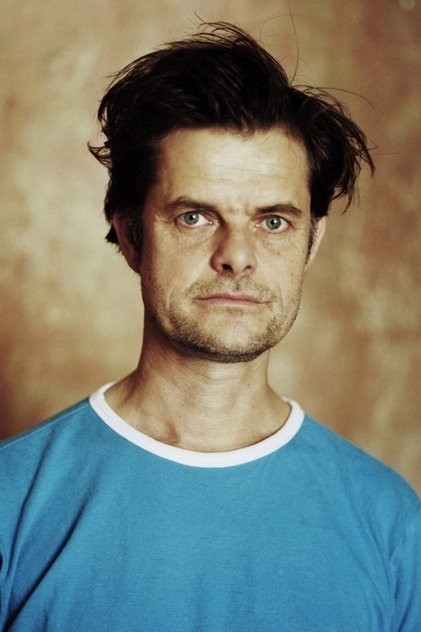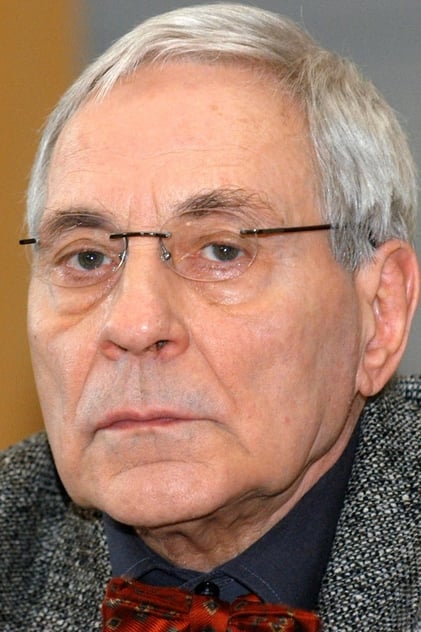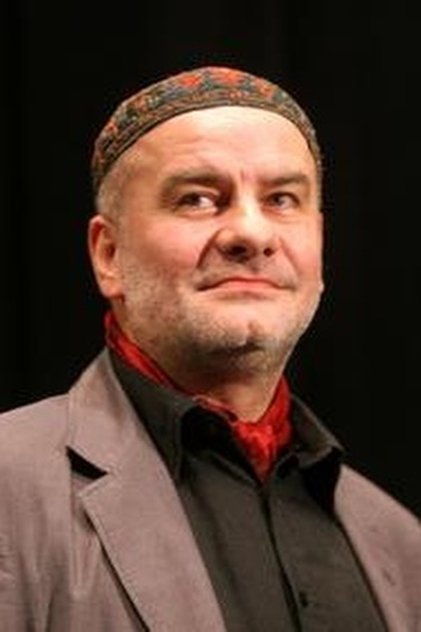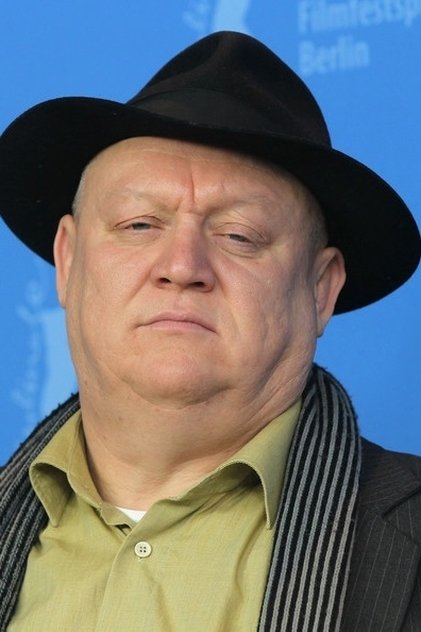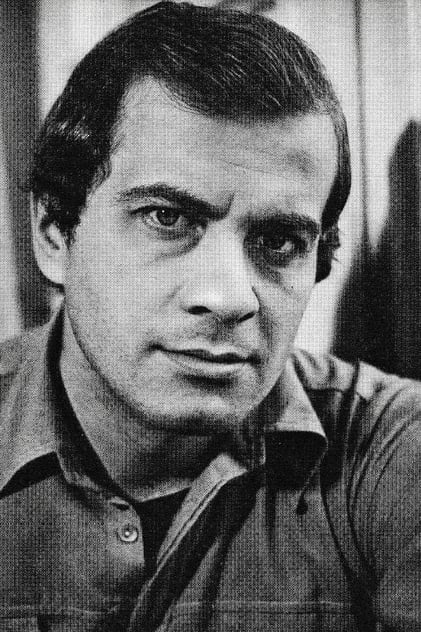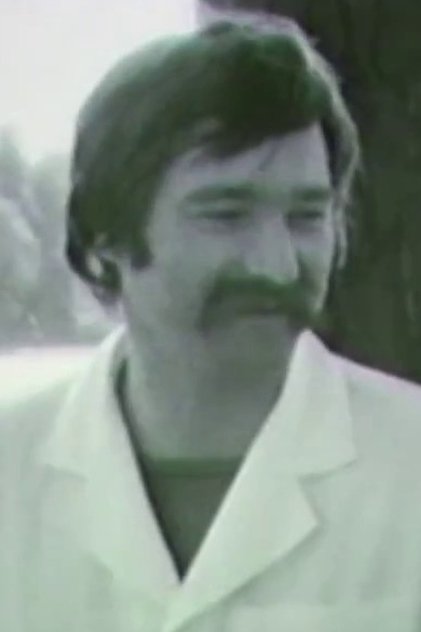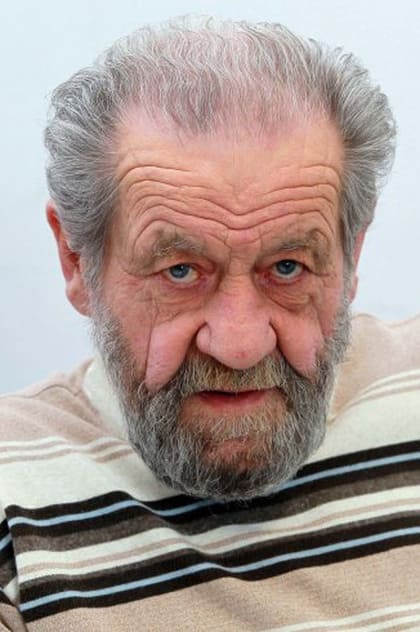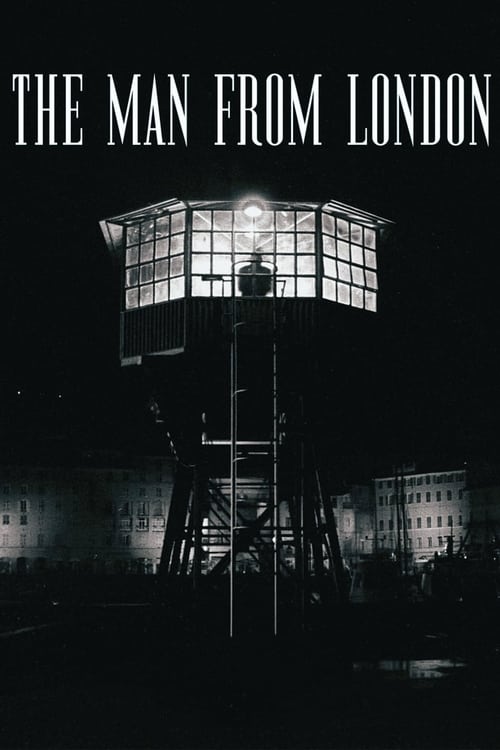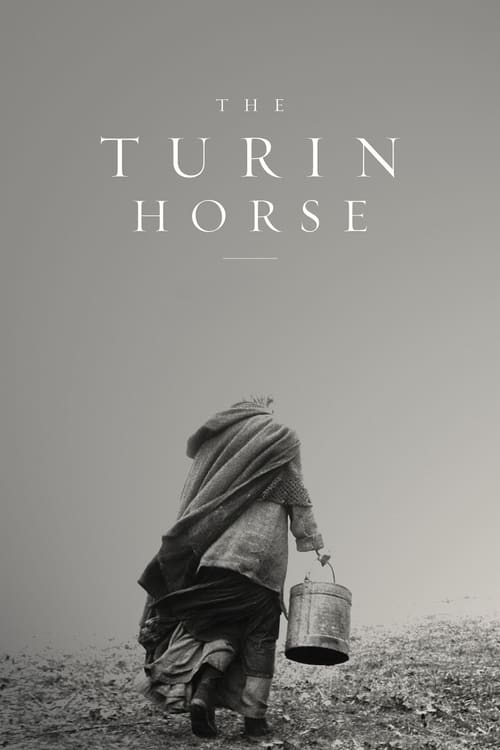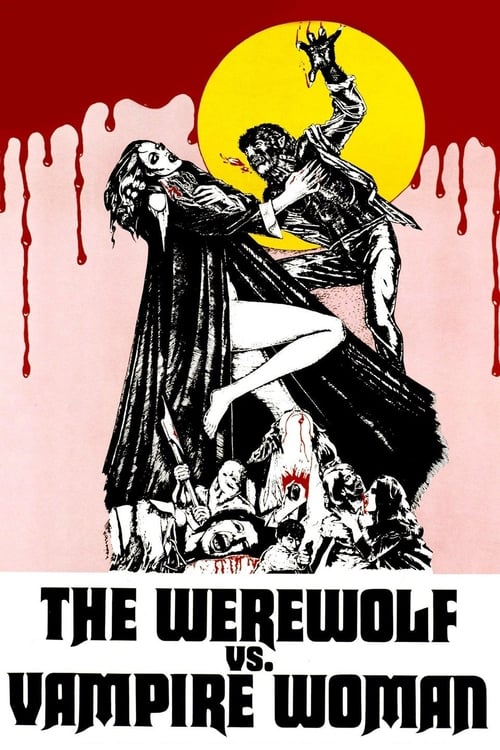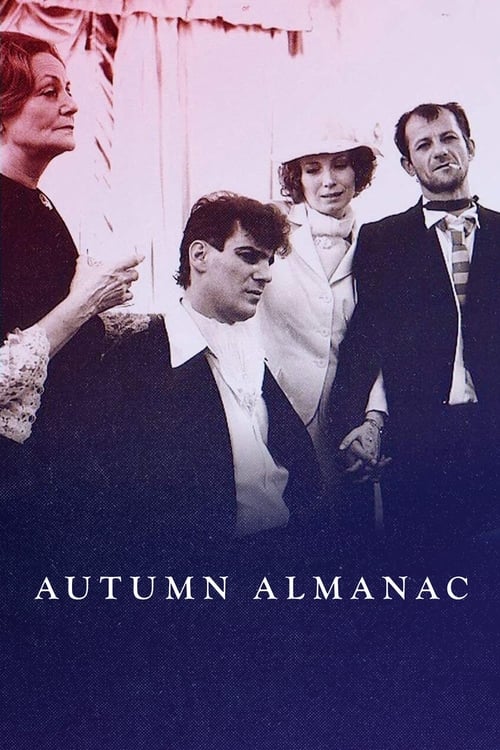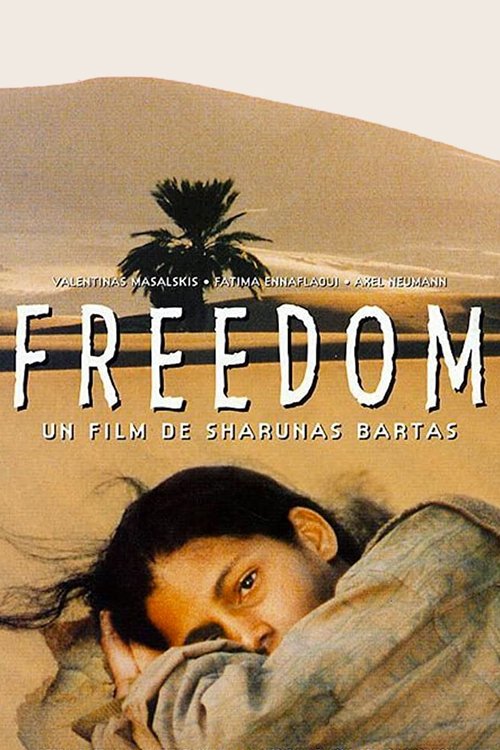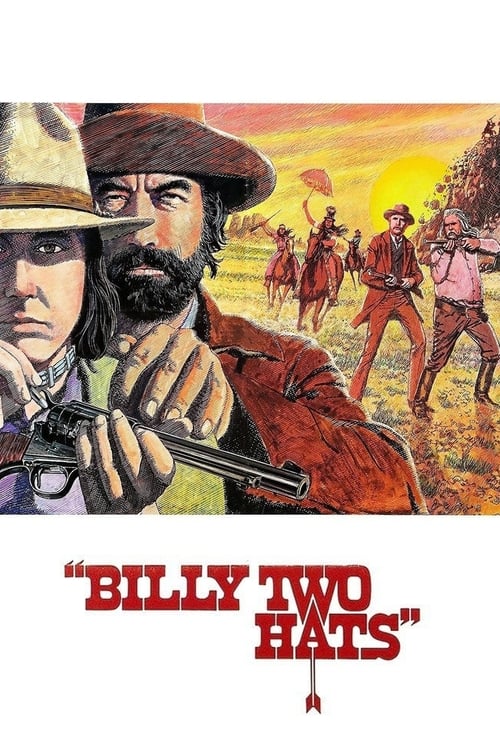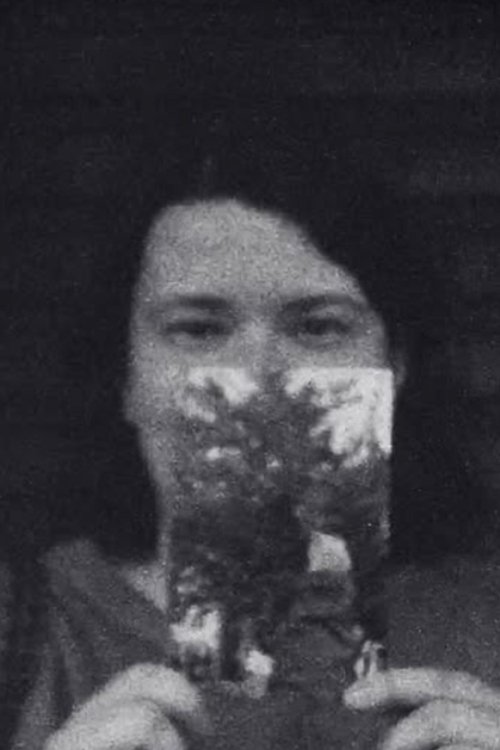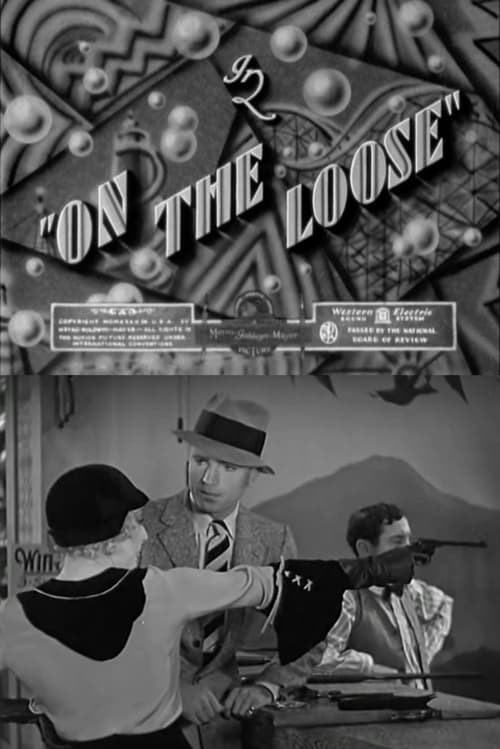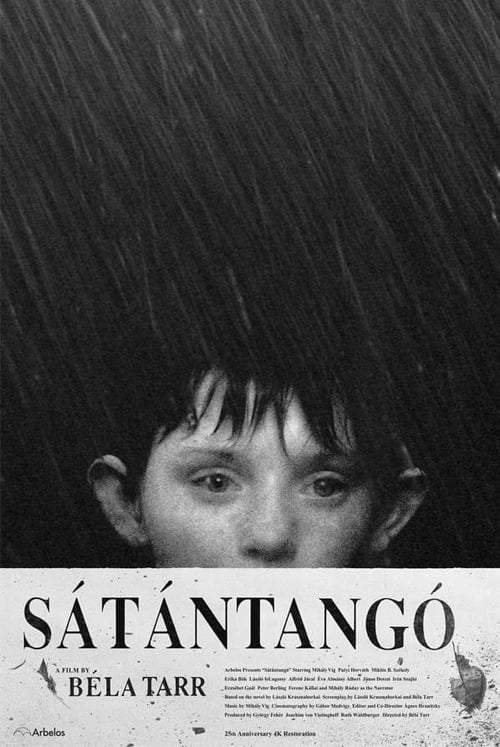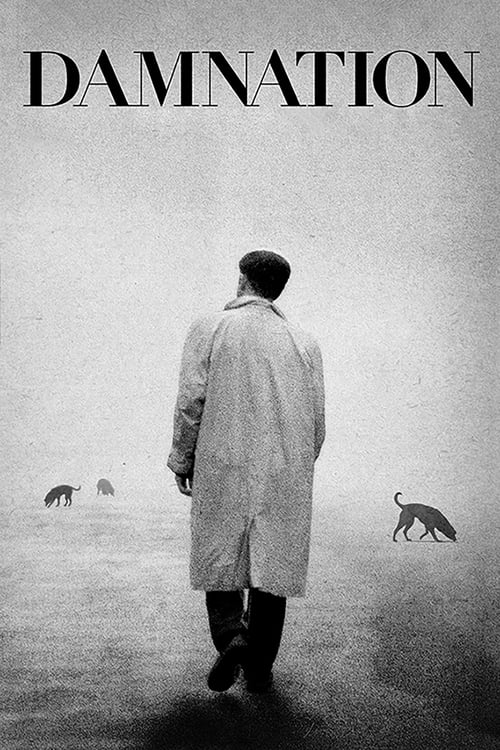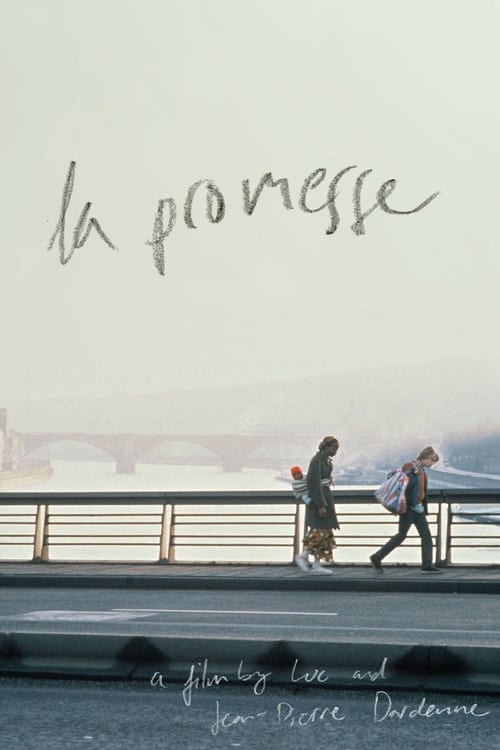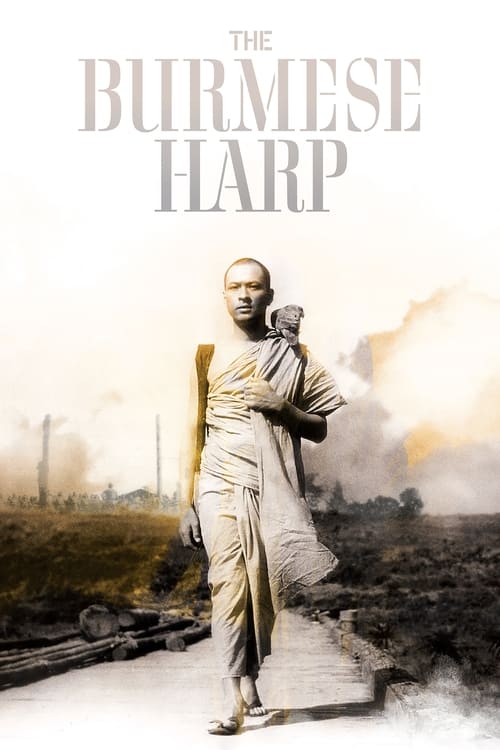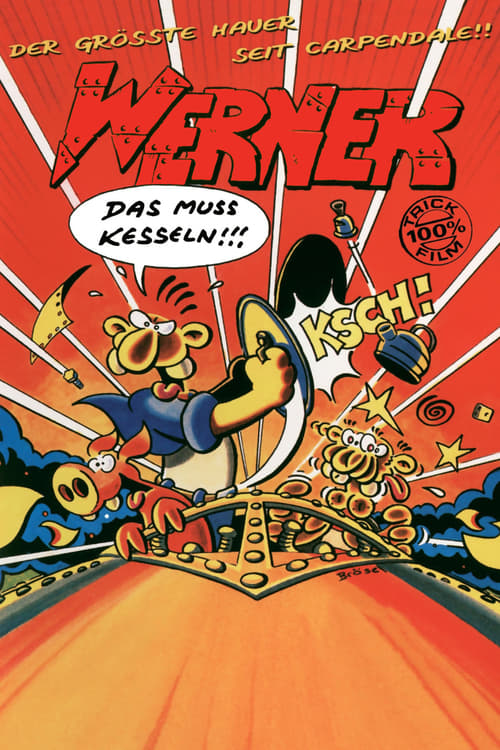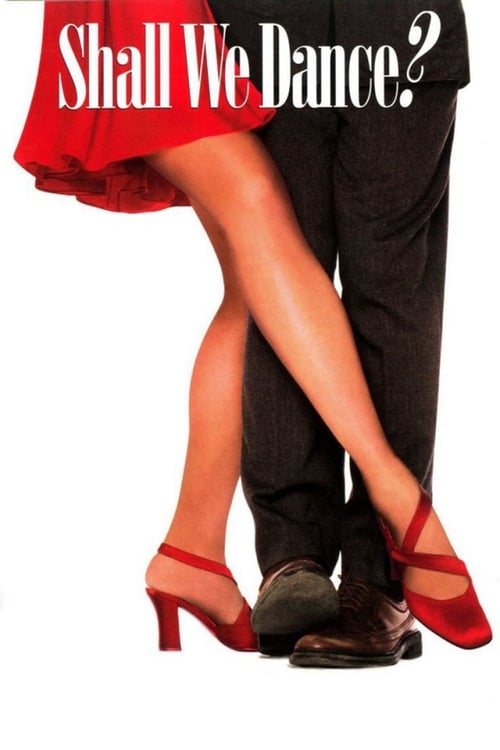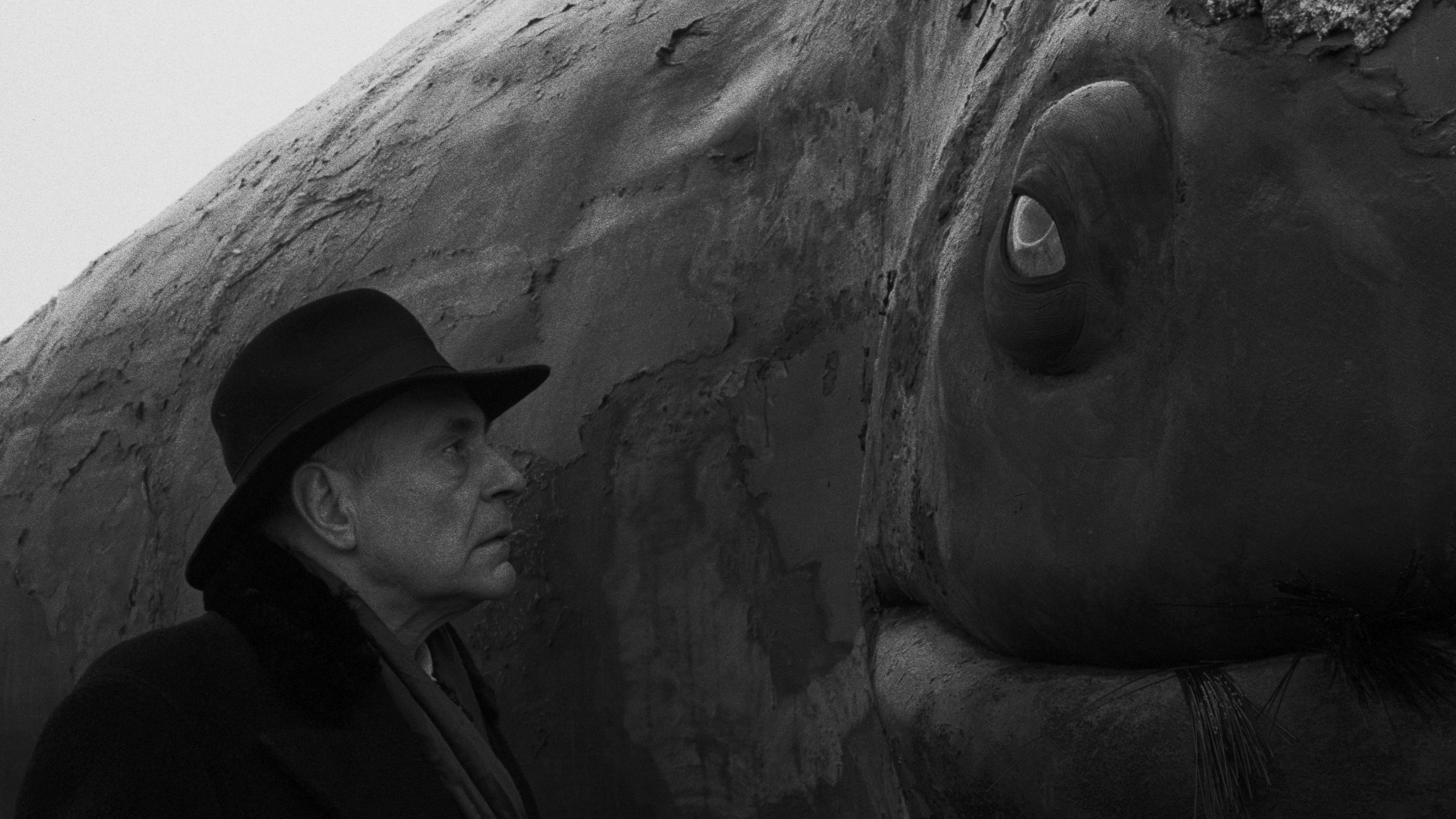
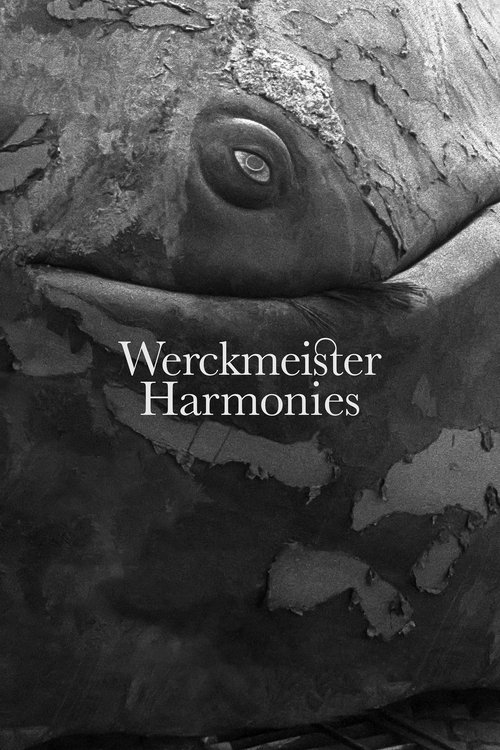
2001
·139m
Werckmeister Harmonies
Summary
A naive young man witnesses an escalation of violence in his small hometown following the arrival of a mysterious circus attraction.
Reviews
CRCulver
September 1, 2018
Béla Tarr's 2000 film <i>The Werckmeister Harmonies</i> deals with troubling events in a small town in Hungarian's eastern plains. After an opening scene showing simpleton postman János demonstrating to a bar full of drunks how the Earth and moon rotate around the sun with the help of three of the old geezers, he does his rounds in the early morning. Posters put up advertise the arrival of a giant whale with special guest, the Prince. This traveling circus, however, fills the townspeople not with eager anticipation but with dread. Indeed, when the Prince does appear, all hell breaks loose.
Based on the novel The Melancholy of Resistance by László Krasznahorkai, the plot of this film is a transparent allegory for Hungary in the 1930s and 1940s: unable to keep its house in order, and falling for the demagoguery of fascism, Hungary brought on itself its long nightmare of Soviet domination. Tarr has curiously stated, however, that he is not offering us a historical allegory. By that I can only imagine that he is turning the allegory into a parable, using a reference to mid 20th-century Hungary as way of exploring more universal themes. Perhaps the central tension in the film is between a natural order, the ecstatic cooperation of free human beings, and an order dictated by a manipulative leader. I don't want to spoil anything that happens here, but Tarr's depiction of a mob let loose is harrowing.
I was very moved by this film the first time I saw it, and on repeat viewings there has been much to appreciate. I feel, however, that the film is greatly weakened by Tarr's decision to use German actors for two main roles. Lars Rudolph, who plays János, and Fassbinder mainstay Hanna Schygulla as the sinister "auntie Tünde" give physically commanding performances, but they were presumably speaking in German while acting, and Tarr has had them clumsily dubbed into Hungarian, no synchronization between their mouths and the voices.
Media
Status:
Released
Original Language:
Hungarian
Budget:
$0.00
Revenue:
$64,974.00
